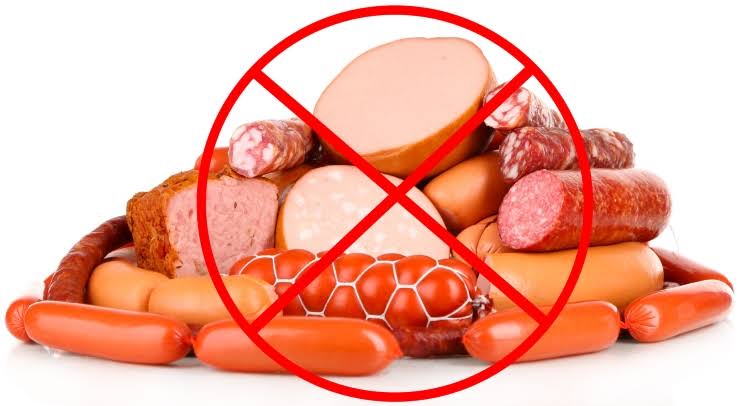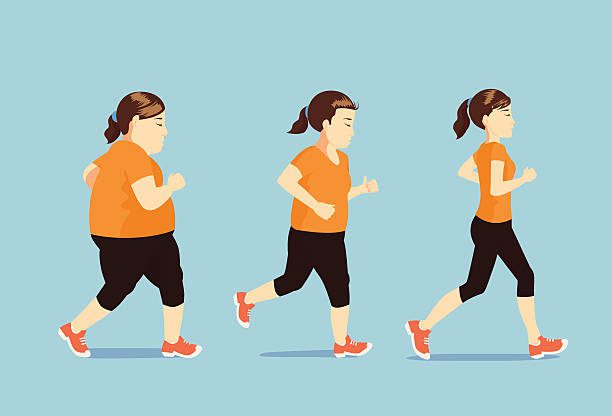This content is for informational and educational purposes only. Always consult a qualified healthcare provider.
Last Updated on February 5, 2024 by Grace Oluchi
The DASH (Dietary Approaches to Stop Hypertension) diet.The Diet is a dietary plan that was created to lower blood pressure and improve health. In this article, you’ll find out the key features of the diet.
📋 Table of Contents
DASH Diet.
The DASH diet is a healthy eating plan that focuses on whole foods and limits processed and high-fat foods. It emphasizes fruits, vegetables, whole grains, lean proteins, and low-fat dairy products. By following the DASH diet, you can lower your blood pressure and reduce your risk of heart disease and stroke.
One of the key principles of the DASH diet is to eat a variety of colorful fruits and vegetables every day. These foods are packed with vitamins, minerals, and antioxidants that can help keep your body healthy. Another important aspect of the DASH diet is to limit your intake of sodium, which can raise your blood pressure. To do this, you should choose low-sodium or no-salt-added foods whenever possible.
In addition to promoting good health, the DASH diet can also help you lose weight and maintain a healthy weight. By focusing on whole, nutrient-dense foods and limiting empty calories, you can feel satisfied and energized without overeating. Overall, the DASH diet is a simple and effective way to improve your health and well-being.
Key feature of the diet.
Here are some key features of the DASH diet:
- Emphasizes whole, nutrient-dense foods: The diet is rich in fruits, vegetables, whole grains, lean protein, and low-fat dairy products. These foods are high in nutrients and fiber, which can help to lower blood pressure and improve overall health.
- Limits sodium intake: The diet recommends limiting sodium intake to 2,300 mg or 1,500 mg per day for those with high blood pressure). This can help to lower blood pressure and reduce the risk of heart disease.
- Includes healthy fats: The DASH diet includes healthy fats, such as olive oil, nuts, and seeds, which can help to reduce inflammation and improve heart health.
- Encourages moderation with alcohol: The DASH diet recommends moderation with alcohol intake, which can help to improve heart health.
- Lowers intake of processed foods and added sugars: The DASH diet limits intake of processed foods and added sugars, which can contribute to high blood pressure and other health problems.
The DASH diet is generally considered a healthy and balanced dietary plan.
It has been shown to be effective in lowering blood pressure and reducing the risk of heart disease.
It’s important to consider individual speaking with a healthcare professional before making significant dietary changes.
Foods to avoid on a DASH diet.
The foods to avoid on a DASH diet include:
- Processed foods: often high in sodium and unhealthy fats, which can contribute to high blood pressure.
- Sugary drinks: soda and fruit juice are high in added sugars and can contribute to high blood pressure.
- Red meat: Red meat is high in saturated fat and can increase the risk of heart disease.
- High-fat dairy products: butter and cream are high in saturated fat and can increase the risk of heart disease.
- Foods high in sodium: canned soups and frozen dinners are high in sodium and can contribute to high blood pressure.
Foods to eat on a DASH diet.
The foods to eat on a DASH diet include:


- Fruits and vegetables are high in fiber, vitamins and minerals, can help to lower blood pressure.
- Whole grains: Whole grains are high in fiber and can help to reduce cholesterol levels and improve heart health.
- Lean protein: sources like chicken and fish are lower in saturated fat and can help to reduce blood pressure.
- Low-fat dairy products: like milk, yogurt, and cheese are high in calcium and can help to lower blood pressure.
- Healthy fats: Healthy fats like olive oil, nuts, seeds, and avocados can help to reduce inflammation and improve heart health.


Health Benefits of The DASH Diet.
Health benefits of the DASH diet include:


- Lower blood pressure.
- Improved heart health: reduces the risk of heart disease by lowering blood pressure, reducing inflammation, and improving cholesterol levels.
- Weight loss: The diet emphasizes whole, nutrient-dense foods, which can help to promote weight loss and improve overall health.
- Reduced risk of diabetes: may reduce the risk of developing type 2 diabetes by promoting healthy eating habits and reducing the risk of obesity.
- Improved overall health.
Health risks:


- Nutrient deficiencies: The diet can be low in certain nutrients, such as vitamin B12 and iron, which are primarily found in animal-based foods.
- Limited food options: The diet may be challenging to follow for some people, as it limits certain food groups and may not accommodate individual dietary preferences.
- Cost: The diet may be more expensive than a standard Western diet due to the emphasis on whole, nutrient-dense foods.
- Social challenges: The diet can make it challenging to eat out or attend social events, as many foods may be off-limits.
- Sustainability: Some people may find the diet difficult to sustain over the long term, as it may require significant dietary changes.
The Key Takeaway.
The DASH (Dietary Approaches to Stop Hypertension) diet is a dietary plan to help lower blood pressure and improve overall health. The diet emphasizes whole, nutrient-dense foods like fruits, vegetables, whole grains, lean protein, and low-fat dairy products, while limiting processed foods, added sugars, and sodium.


The DASH diet has shown to be effective in numerous studies, with potential health benefits including lower blood pressure, improved heart health, weight loss, reduced risk of diabetes, and improved overall health. However, there may be some risks or challenges associated with the diet, such as nutrient deficiencies, limited food options, cost, social challenges, and sustainability.
What is the DASH diet?
The DASH (Dietary Approaches to Stop Hypertension) diet is a dietary approach that emphasizes consuming foods that are rich in nutrients such as fruits, vegetables, whole grains, lean proteins, and low-fat dairy products, while limiting foods that are high in saturated fats, sodium, and added sugars.
What are the potential benefits of the DASH diet?
The DASH diet has a variety of potential health benefits, including lower blood pressure, improved heart health, and a reduced risk of chronic diseases such as diabetes and certain cancers.
Can the DASH diet be used for weight loss?
Yes, the DASH diet can be useful for weight loss, particularly when combined with regular exercise and calorie control. However, weight loss may be slower on the DASH diet if you compare it to more restrictive diets.
Are there any risks or drawbacks to the DASH diet?
The DASH diet is generally considered safe for most people, but some individuals may need to modify the diet to meet their specific dietary needs. Additionally, the emphasis on whole, nutrient-dense foods may be more expensive or time-consuming for some individuals.
How can I get started on the DASH diet?
To get started on the DASH diet, focus on increasing your intake of fruits, vegetables, whole grains, lean proteins, and low-fat dairy products, while limiting your intake of saturated fats, sodium, and added sugars. You can also use resources such as meal plans and recipes to help plan your meals and snacks.

